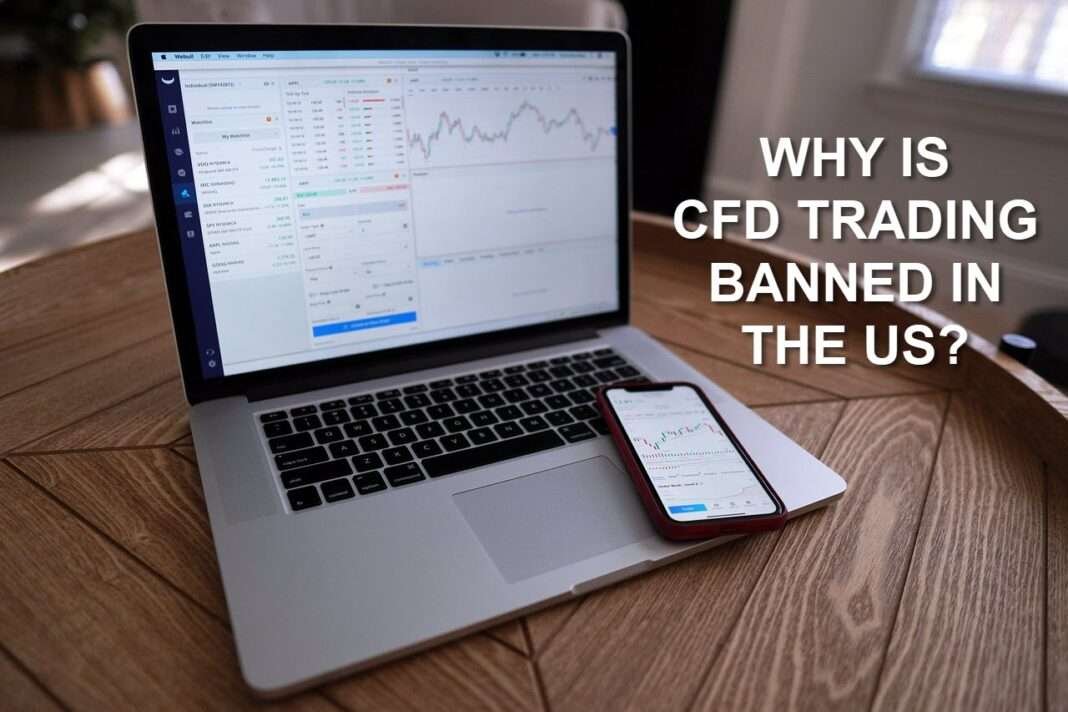CFD trading is a financial activity that involves buying and selling contracts for difference (CFDs). CFDs are financial instruments that allow traders to speculate on the price movements of a wide range of financial assets, including stocks, currencies, commodities, and indices.
In a CFD trade, the trader enters into a contract with a broker to exchange the difference in the value of an underlying asset at the beginning and end of the contract. The trader does not physically own the asset but rather speculates on whether the price of the asset will rise or fall over the duration of the contract. If the trader’s prediction is correct, they will make a profit, and if it is incorrect, they will incur a loss.
CFD trading can be a high-risk activity, as it involves leverage, which means that traders can potentially make large profits or losses from relatively small price movements in the underlying asset. As a result, CFD trading is not suitable for all investors, and it is important to carefully consider the risks and understand the mechanics of CFD trading before engaging in this activity.
CFD trading is a type of OTC trading.
What is OTC trading
Over-the-counter (OTC) trading refers to the buying and selling of financial instruments, such as stocks, bonds, and derivatives, directly between two parties, rather than through an exchange. OTC trading is also known as “off-exchange” trading.
OTC trading is typically conducted through a network of dealers or market makers, who act as intermediaries between buyers and sellers. These dealers quote prices at which they are willing to buy or sell a particular security, and traders can negotiate with them to buy or sell the security at a mutually agreed upon price.
OTC trading is different from exchange trading, in which buyers and sellers trade through a central exchange, such as the New York Stock Exchange or the London Stock Exchange. Exchange trading is typically more transparent and regulated than OTC trading, as prices are displayed publicly, and trades are subject to oversight by regulatory bodies.
Why is it banned?
CFD trading is banned in the United States due to regulatory concerns. CFDs are financial instruments that allow traders to speculate on the price movements of a wide range of financial assets, including stocks, currencies, commodities, and indices.
In the United States, the Commodity Futures Trading Commission (CFTC) has determined that CFD trading is not suitable for retail investors due to them being OTC traded and due to the high level of risk involved. CFDs are highly leveraged instruments, which means that traders can potentially make large profits or losses from relatively small price movements in the underlying asset. This high level of leverage can expose traders to significant financial risk, particularly if the market moves against them.
In addition, CFD trading is not subject to the same level of regulatory oversight as traditional futures contracts, which are regulated by the CFTC. This lack of oversight has raised concerns about the potential for fraud and other forms of misconduct in the CFD market.
As a result of these concerns, the CFTC has banned the sale of CFDs to retail investors in the United States. However, professional investors and institutional traders may still be able to trade CFDs through specialized brokers and exchanges.
It is not illegal for retail traders to trade CFD:s. It is only banned for brokers to promote and offer CFD trading to US traders. If you choose to open an account with a broker outside the US than you are allowed to do so. Please keep in mind that CFD trading can be very high risk.






